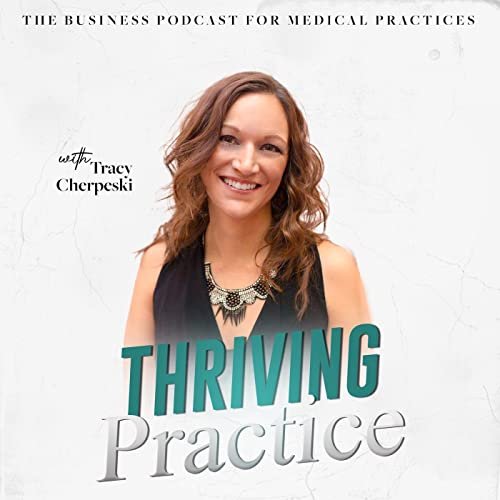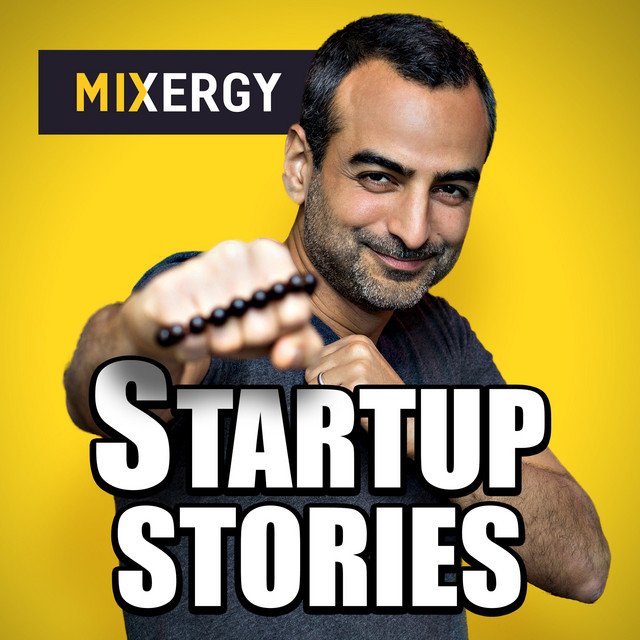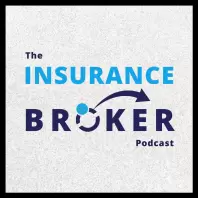
Women on the Move Podcast

Basic Member
Similar Podcasts
The Abundant Yoga Teacher Podcast, hosted by Amy McDonald.
Real Estate (Un)Success Stories is a podcast presented by Vendue Capital.
"Climb In Consulting" podcast interviews leaders in the management consulting field.
Natural Health with CNM, hosted by Naturopath and Herbalist, Michelle Sanchez.
The Unburdened Leader podcast, hosted by Rebecca Ching, LMFT.
Thriving Practice with Tracy Cherpeski's podcast engages in conversations with experts from the medical and dental fields.
Widener Law Commonwealth's Podcast, Led by a team of legal scholars.
"Startup Stories - Mixergy" hosted by Andrew Warner.
The Insurance Broker Podcast interviews insurance industry icons about business growth in the current market.








